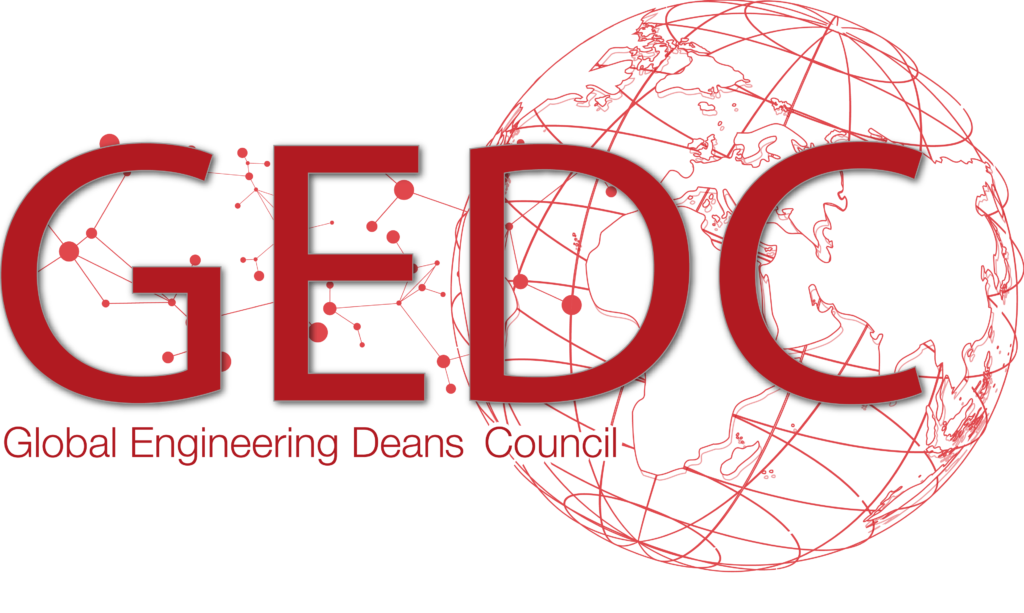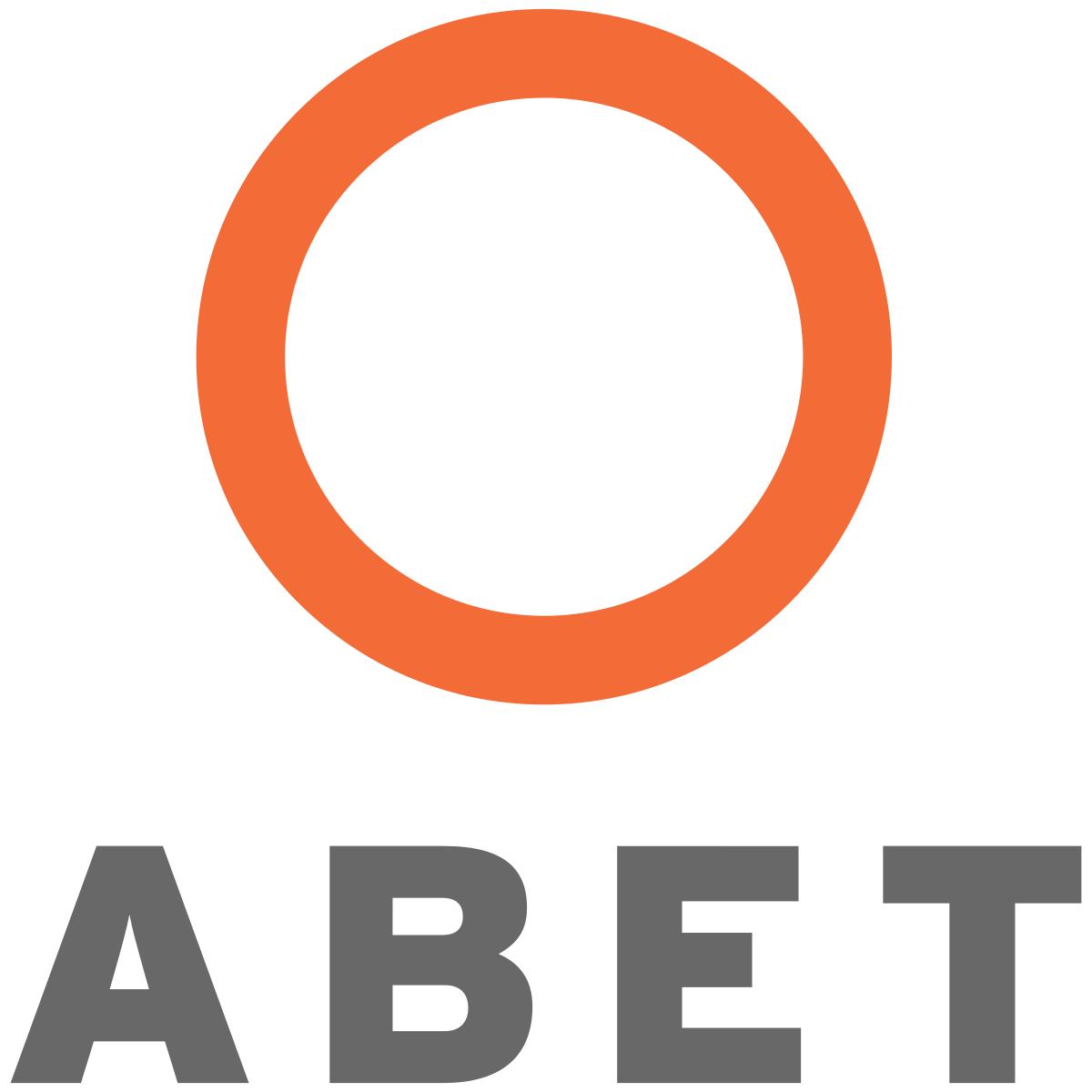PhD H. Beatriz P. de Gallo [1]
On the occasion of having completed a course in Philosophy of Education during 2001, the professor proposed to write a text on the subjects addressed but applied to the space of development of the educational activity of each assistant. From there an essay arose that was later published in 2006 and that can be read here:
https://www.ucasal.edu.ar/htm/ingenieria/cuadernos/archivos/1-p133-gallo.pdf (Spanish version)
And here:
http://revistas.ucasal.edu.ar/index.php/CI/article/view/200/312 (English Version)
Although 20 years have passed, it is observed that the problem of the humanistic training of the engineer remains. So it is a good exercise to update the ideas dumped in that instance, considering the evolution of engineering education it occurred in that period and that it is worth detailing to understand the evolution achieved.
Degree Careers Accreditation Processes
Engineering training was boosted by the career accreditation processes, which confronted engineering faculties with the need to carry out a self-evaluation of educational management, in terms of standards set by themselves, generating a space for analysis and criticism of the interior of the academic units that –although being chaotic in its beginnings- allowed the incorporation of continuous improvement in educational processes.
This issue is not minor, there is a before and after in the Argentinian Engineering Faculties after the accreditation processes. The task carried out with the Council of Deans of Engineering Faculties (CONFEDI) [2] was substantial, which for more than 30 years has brought together engineering careers throughout the country, and at the time presented a common front to agree on accreditation standards and carry out the evaluation processes, identifying and contributing the common problems of engineering education that were are defining and developed. The result of these works can be seen in the successive working documents generated by CONFEDI and that later the Engineering Faculties were taking for themselves.
Engineering definition adjustment
The definition of the concept of Engineering enunciated in the 2001 text was adjusted -slightly- but it shows a change of vision.
The original definition mentions that “… the materials and forces of nature can be used in an optimal way…” while now it is said that “… the knowledge, materials and forces of nature can be used optimally… ”. The addition of knowledge as an input for the task of the engineer indicates a hierarchy of the professional training process that was not so present before.
In another part of the text it is indicated about the “… ethical, physical restrictions…” whereas now it speaks of “… ethical, physical conditions…” and also are added the historical conditions that must be recognized in the context of the performance of the engineer. If the definitions of both terms[3] are compared: restrictions (enclose, circumscribe, reduce to lower limits) and conditions (nature or property of things), it is observed the completeness with which it is considered now various factors in the engineer’s work environment. And on the other hand, adding historical conditions as another of these factors also indicates a change in orientation concerning how to analyze the socio-productive context.
Definition of the Engineer’s Graduate Profile
An important contribution of CONFEDI’s work was the definition of the Engineer’s Graduate Profile, which in the PROPOSAL OF SECOND-GENERATION STANDARDS FOR THE ACCREDITATION OF ARGENTINIAN ENGINEERING DEGREE CAREERS IN THE “RED BOOK OF CONFEDI”[4] is indicated as:
The engineering degree career must have an graduation profile explicitly defined by the institution on the basis of its Institutional Project and the reserved activities defined for each degree, with the objective that the graduate has adequate scientific, technical and professional training that enables the engineer to learn and develop new technologies, with an ethical, critical and creative attitude to identify and solve problems in a systemic way, considering political, economic, social, environmental and cultural aspects from a global perspective, taking into account the needs of society .
This definition shows that it is becomes aware that engineering is not only technical, but must have an objective: the needs of society. The sense of service of our profession begins to be glimpsed, moving from the “problem solving” to the “social perspective” of the work of the engineer and that over time takes shape as the “social responsibility” of the engineer.
Training by Competencies
The self-evaluation processes developed since 2000 in the Argentinian Engineering Faculties, had many advantageous results, but perhaps the most mobilizing was that the careers were able to clearly know their link with the social context in which they operate. Before these processes, the relationship with industries and companies was mostly promoted by them, not by the university[5]. But the standards inquire about topics such as the following[6]:
- The study programs must cover educational aspects related to the social sciences, humanities and all other knowledge that is considered essential for the integral formation of the engineer.
- The institution must have defined and develop institutional policies in the following fields: a) scientific research and technological development. b) Updating and improvement of teaching and support staff, which will not be limited to training in the specific scientific or professional area and pedagogical aspects, but will also include the development of adequate interdisciplinary training. c) Extension, inter-institutional cooperation, dissemination of the knowledge produced and links with the environment.
- The career should promote inter-institutional extension and cooperation. The institution must seek links with companies, professional associations and other entities related to the profession, establishing agreements for research, technology transfer, internships and practices as a form of integration to the socio-productive environment.
These demands allowed engineering careers to become aware of the closeness (or distance) established between their educational project and the needs of the community in which they are inserted. Here there was a break in the educational management of the Engineering Faculties. Those who did not fully comply with these standards had to adjust their educational project so as not to put at risk the success of the accreditation. And they began to look more closely at what the local socio-productive environment was requiring.
In 2014, engineering careers began to work on aspects closely linked to professional training. Terms heretofore unknown to most engineers appear in the discussions: teaching / learning processes, training by competencies, learning outcomes and others that concern educators and career managers, when graduation rates, training of the teaching body, practical activities in laboratories, and so on.
Within this framework, CONFEDI defines in 2018 the aforementioned “Red Book”, which proposes the standards to be followed for the upcoming accreditation processes, basing the graduate’s professional training on a set of generic competencies of all engineers, and those specific for each terminal. A competency of great interest for the humanistic training of the engineer is included:
Generic Competence N ° 8: Act with ethics, professional responsibility and social commitment, considering the economic, social and environmental impact of its activity in the local and global context.
A formal commitment is declared to which all educational engineering projects must adhere, and which requires those responsible to review educational models to include the social approach, as an integral part of the training of engineers. In practice, this means adhering to proposals that promote the social responsibility of human society itself towards itself, such as the UN Sustainable Development Goals (SDGs)[7].
Regarding the Computer Engineering degree career
In the text written in 2001, the analysis of the humanistic training of the engineer was addressed, taking as an example the degree career of Computer Engineering at the Catholic University of Salta.
This career also experienced the impact of the accreditation processes, but with an additional component that was very well used: the Network of Careers in Engineering in Information Systems / Computer Science of CONFEDI (RIISIC).
In 2011, the careers of the CONFEDI Information Systems / Information Systems Engineering (ISI / I) terminal were constituted in the “Network of Careers in Engineering in Information Systems Engineering / Computer Science of CONFEDI” (RIISIC), with the objective of to be constituted as a representative technical body of careers in Information Systems and Informatics to attend requests from the executive commission of CONFEDI.
In this way, inside RIISIC, we actively worked on the accreditation requirements, for which it was necessary to carry out various studies and analyzes about how ISI / I was taught in the different Argentinian Engineering Faculties.
But they were not the only topics of interest to RIISIC, there were others always linked to the training of engineering in the ISI / I careers that indirectly impacted on the identification of problems to solve in the future, such as: the training of postgraduate for professors, strategies to address the processes of student dropout, and of course, the integral training of students as future IT professionals
RIISIC has been working since 2017 on issues of training by competencies, with a focus in the specific competencies of the ISI / I terminal, and the generic competencies of the engineer; understanding that this is the way to achieve the integral training of the engineer that includes the social role that corresponds it as an indispensable promoter to improve the quality of life of people.
In conclusion
Thus, 20 years later, the problems of engineering education are not fully resolved but some have become even more complicated, for example:
- How are these new competences incorporated without losing space in the study programs for the engineering technical training? We know that competency training does not imply modifying content, but it is a paradigm that we must fully understand in order to use it with all its advantages. On the other hand, technologies are evolving at a fierce rate and we must also respond to that from the study programs.
- The horizontal and vertical integration of the contents in the study programs has not yet been fully resolved, to which is now added the alignment of practical training with concretes events taken from the local socio-productive context. This is a task that requires more effort from the teaching team of each program and sometimes they are not prepared for it.
- Although our teachers made an effort to equip themselves with the necessary pedagogical training, now – in times of pandemic – they must approach the virtual context as a new space for teaching / learning, which means that in many cases they must start over.
But even when the unknowns continue to arise, there were important advances to answer them and a possible horizon is glimpsed from the incorporation of training by competencies in engineering.
[1] The author is a PhD in Computer Engineering, and she works as a professor and researcher at the Faculty of Engineering at the Catholic University of Salta (Argentinian). Her topics of interest are Engineering Education and Digital Forensics.
[3] Definitions from the Dictionary of the Royal Spanish Academy, taken from https://dle.rae.es/dictionary [Consulted on 03/08/21]
[4] https://confedi.org.ar/download/documentos_confedi/LIBRO-ROJO-DE-CONFEDI-Estandares-de-Segunda-Generacion-para-Ingenieria-2018-VFPublicada.pdf
[5] There is a much debated approach to the influence of the market in academic engineering training programs (should the study programs respond to market requirements or to the advancement of science?), this being the main cause for the which engineering faculties tried to stay away from the socio-productive context
[6] Argentinian Ministerial Resolution No. 1232/01 that defines the accreditation standards of 13 engineering degrees careers (or terminals), and on which the standards of the rest of the 25 terminals recognized by CONFEDI were subsequently based. It can be viewed at https://www.coneau.gob.ar/archivos/538.pdf [Consulted on 03/08/21].
[7]https://sustainabledevelopment.un.org/content/documents/21252030%20Agenda%20for%20Sustainable%20Development%20web.pdf











